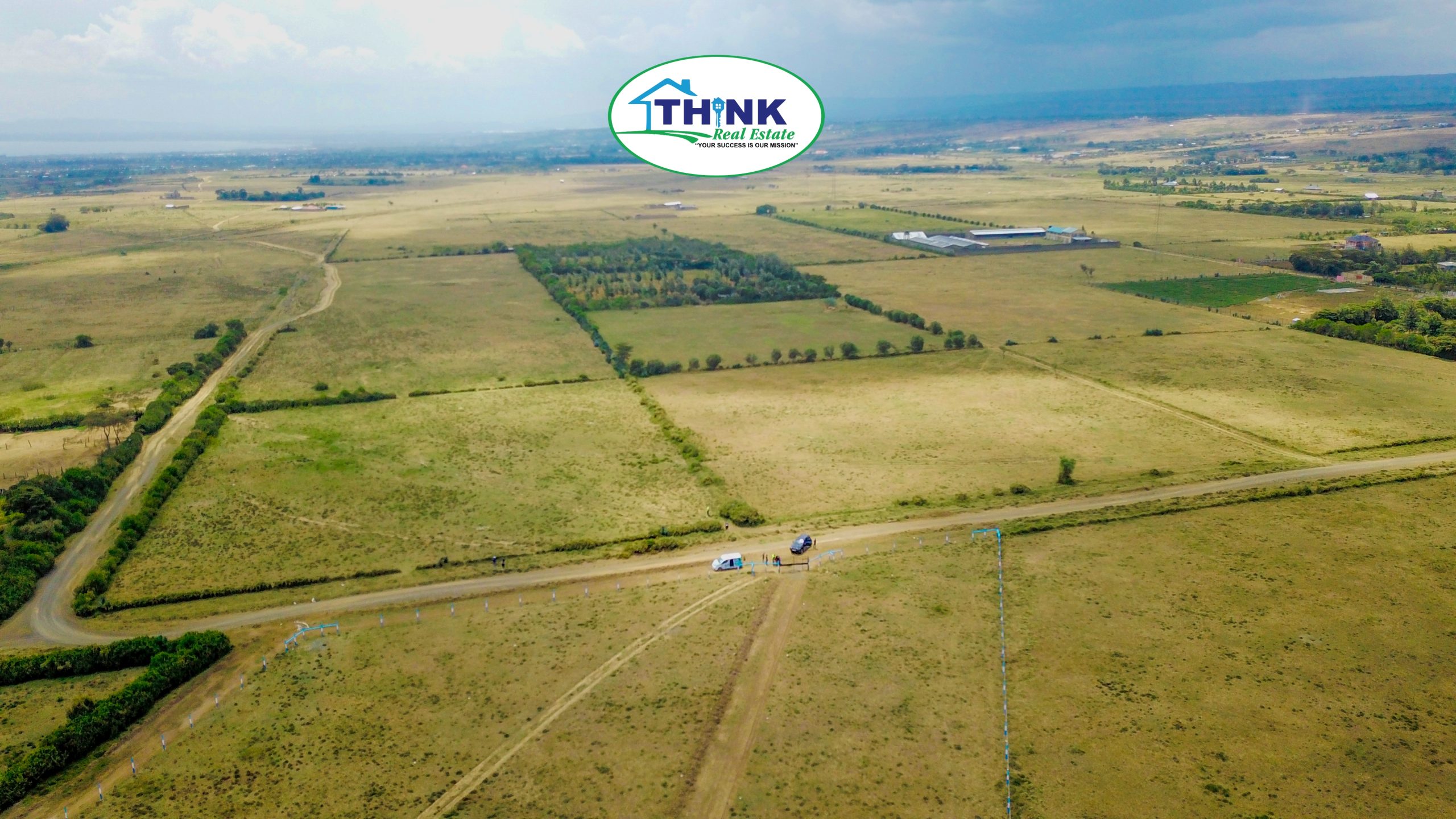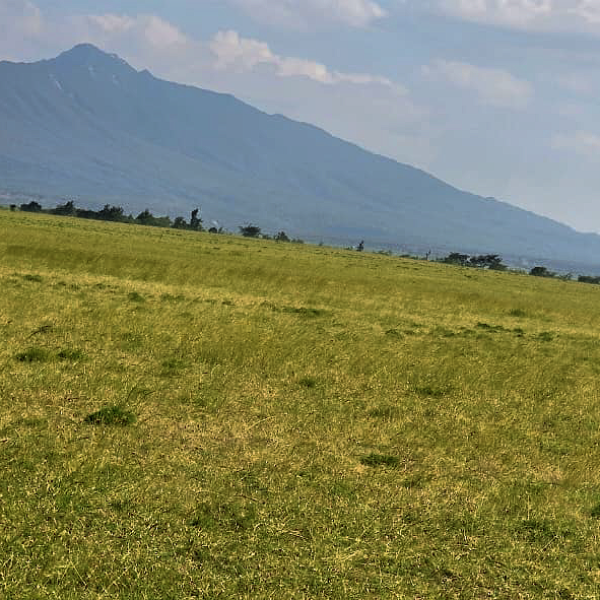Buying land is one of the most significant investments you can make, but it requires careful consideration and planning. Unlike purchasing a home, buying land is a unique endeavor that requires understanding not only the physical aspects of the property but also its legal, financial, and developmental potential. Whether you’re buying land to build your dream home, start a business, or hold it as a long-term investment, there are specific factors to consider before making any commitment. Below, we provide detailed advice for potential land buyers to ensure they make informed and successful decisions.
1. Identify Your Purpose: Know What You Want
Before diving into the land-buying process, the first step is to identify your intended use for the property. Why are you buying the land? Is it for a residential property, a commercial development, an agricultural project, or to hold for future appreciation? Your purpose will significantly influence the type of land you should look for, the location, and the size of the plot.
- Residential Land: Look for locations that are close to schools, hospitals, and essential services.
- Agricultural Land: Search for fertile soil with access to water for irrigation.
- Commercial Land: Find areas that are near major roads and hubs of business activity.
- Investment Land: Choose land in an area with high potential for growth and development.
Understanding your goals will help narrow down your search and focus on properties that align with your vision.
2. Research Zoning Regulations: Stay Within Legal Boundaries
Before purchasing land, it’s crucial to understand the zoning regulations in the area. Zoning laws determine what can and cannot be done on a specific piece of land. For example, a plot of land might be zoned for residential use, but not commercial development. Here’s what to look for when researching zoning laws:
- Land Use: Ensure the zoning allows for the type of development you have in mind (residential, commercial, agricultural, etc.).
- Setbacks and Lot Size: Zoning regulations often dictate how far structures must be from property boundaries and the minimum lot size.
- Building Height and Design Restrictions: Some areas may have limitations on the height of buildings or specific architectural styles that must be adhered to.
- Environmental Restrictions: Zoning may include rules regarding flood plains, protected areas, or conservation efforts that could impact your plans.
Understanding zoning regulations will ensure that you’re aware of any limitations or restrictions that may affect your intended use.
3. Consider Location and Accessibility: Prime Land Is All About Location
In real estate, it’s often said that location is everything—and this is just as true when purchasing land. Take time to evaluate the location of the land in relation to key amenities and infrastructures, such as:
- Proximity to Schools and Hospitals: Especially important if you’re purchasing residential land.
- Access to Major Highways and Public Transportation: Easy access to roads and transport routes enhances the land’s accessibility and long-term value.
- Utilities: Verify if the property has access to essential utilities, such as electricity, water, sewage, and gas. Some rural areas may not be well-equipped with such services, and bringing them to the site can be costly.
- Surrounding Developments: Look into the current and future developments in the area. Are there new housing developments or commercial spaces being built nearby? This can provide insight into the area’s potential growth and value appreciation.
The location of your land has a significant impact on its usability, value, and future potential, so be sure to choose wisely.
4. Conduct Due Diligence: Don’t Skip This Crucial Step
When purchasing land, conducting due diligence is critical to avoid potential legal, financial, or developmental issues down the road. Thorough research will help uncover any hidden risks or problems. Key areas of due diligence include:
- Land Surveys: Hire a qualified land surveyor to confirm the property boundaries and ensure that the land is accurately described.
- Soil Tests: For agricultural land, it’s essential to assess the soil quality. Certain types of soil may not be conducive to farming, and it may require significant work to make it fertile.
- Title Search: Ensure the land has a clear title, meaning there are no disputes, unpaid taxes, or legal claims attached to it.
- Environmental Assessments: Check if the land is in a flood zone or subject to other environmental risks that could impact your development plans.
Conducting due diligence is an important part of the buying process and will help you make an informed decision.
5. Understand Financing Options: Know Your Payment Terms
Land loans can be quite different from home loans, and understanding your financing options is key to making an informed decision. Land financing often comes with stricter terms, higher interest rates, and larger down payments, so it’s important to explore all available options, including:
- Conventional Loans: Offered by banks or other financial institutions, but may require a large down payment (often 30% or more).
- Owner Financing: Some sellers offer owner financing (also known as seller financing), which allows you to make payments directly to the seller rather than going through a bank.
- Land Contracts: Similar to owner financing, a land contract allows buyers to make payments over time while the seller retains ownership until the loan is paid in full.
Understanding your financing options will ensure that you can comfortably manage the financial aspects of purchasing land.
6. Evaluate Topography and Natural Features: Assess the Land’s Potential
The topography of the land plays a significant role in determining its suitability for construction, farming, or other uses. Key considerations include:
- Slope and Drainage: A steep slope may present challenges for construction and water runoff, while flat land may be better for building or farming.
- Soil Quality: Fertile soil is important for agricultural purposes. Conduct soil tests to ensure the land supports your intended use.
- Natural Features: Rivers, wetlands, forests, and wildlife may affect the land’s use and potential development. These features can also increase the appeal of the land for certain buyers.
Carefully evaluating these factors ensures that the land you choose is the best fit for your goals.
7. Consult with Professionals: Don’t Go It Alone
Purchasing land can be complex, so it’s crucial to consult with professionals who can provide guidance throughout the process. Professionals to consider include:
- Real Estate Agents: Specialize in land transactions and can help you navigate the market and identify the best properties.
- Land Surveyors: Help determine property boundaries and land measurements.
- Attorneys: Provide legal advice, ensuring that all contracts and titles are in order.
- Soil Engineers and Environmental Consultants: Provide expert advice on the suitability of the land for your intended purpose.
Having the right team of professionals will give you peace of mind and help you avoid costly mistakes.
8. Understand Development Costs: Plan for the Full Investment
It’s important to consider the total cost of ownership, including not just the purchase price but the cost of site preparation, utilities installation, permits, and other development expenses. If the land requires clearing, grading, or significant infrastructure work, it’s essential to factor those costs into your budget.
Be sure to ask for estimates for construction costs, including utilities setup and any fees associated with local permits or impact assessments.
9. Review Property Restrictions: Check for Limitations
Before purchasing land, review any potential restrictions that could limit your ability to use the property as intended. These might include:
- Easements: Rights granted to others for access to or use of your land.
- Deed Restrictions: Limitations on property use, such as restrictions on building types, color, or style.
- Covenants: Agreements that bind you to follow specific rules on how the land is developed.
Be sure to fully understand these restrictions before moving forward with your purchase.
10. Think Long-Term: A Smart Investment for the Future
Land is a long-term investment, and it’s essential to consider how the property will fit into your long-term financial goals. Think about future development plans for the area, the potential for appreciation, and how the land will align with your future objectives, whether it’s for development, farming, or passive income.
Remember that land is a finite resource, and securing a well-located plot today could provide substantial returns down the line. Whether for personal use or as an investment, owning land is a significant asset for future generations.
In Conclusion:
Buying land is a rewarding but challenging investment that requires careful planning and attention to detail. By following these tips and doing thorough research, you can ensure that your purchase is a sound investment for the future. Whether you’re looking for land for residential development, farming, or investment purposes, taking the time to evaluate your options and understand the process will set you up for success in your land-buying journey.
When it comes to securing your land investment, Think Real Estate is the partner you can trust. With years of experience in the Kenyan real estate market, Think Real Estate offers affordable, prime land in some of the most sought-after areas, including Makutano, Naivasha, and Kenol. We provide a seamless, transparent, and customer-centric experience, helping you every step of the way—whether it’s offering flexible payment plans, conducting free site visits, or providing guidance on the best land options for your needs.
So why wait? Start your land investment journey with Think Real Estate today, and let our expertise and personalized services guide you to the perfect plot. Whether you’re a first-time buyer or a seasoned investor, Think Real Estate is here to help you make informed decisions and achieve your real estate goals.
Contact Think Real Estate today to learn more about available properties and schedule your free site visit. Your dream of owning land is just a call away!
📞 Contact us now: 0791 000 222 / 0792 000 222
📍 Visit our office: Kenol Town, Resource Plaza, 2nd floor.
Think Real Estate – Your Success is our Mission.







